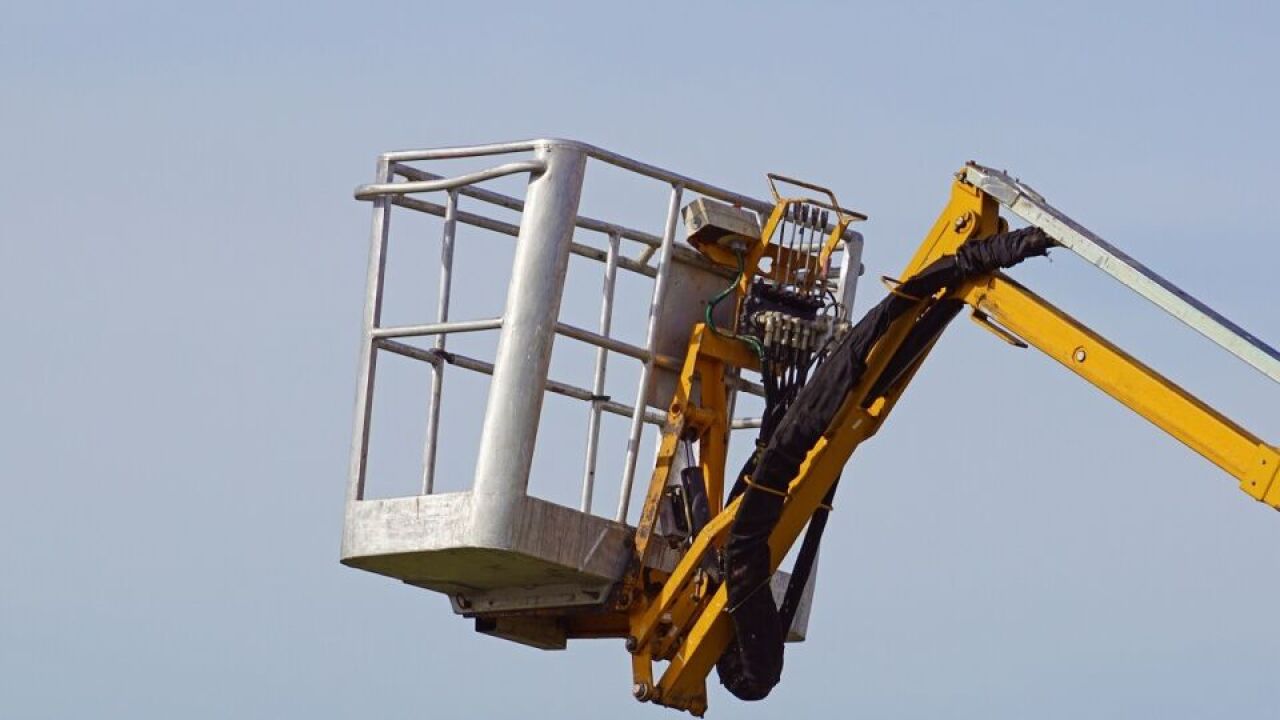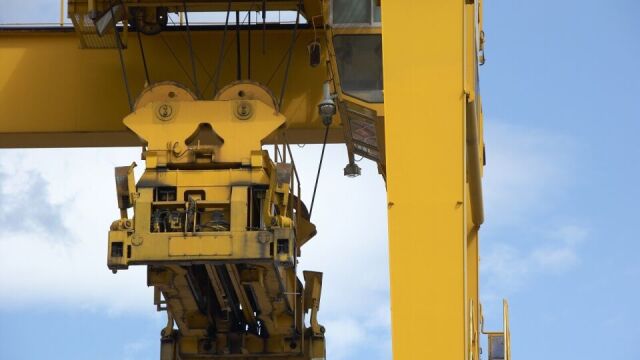
The Role of Forklifts in Efficient Warehouse Operations
In today's fast-paced business environment, warehouses are the backbone of supply chains. They serve as central hubs for storing and distributing goods, making it essential to have efficient systems in place to handle the movement and storage of these items. Forklifts are one such system that has revolutionized warehouse operations.
Improved Productivity
Forklifts significantly enhance productivity within warehouses by enabling swift and efficient movement of heavy loads. These machines are equipped with powerful engines and robust lifting mechanisms, allowing them to transport goods quickly and effortlessly. With the ability to lift heavy pallets and maneuver easily through narrow aisles, forklifts enable workers to complete tasks efficiently, reducing manual labor and time spent on each operation.
Enhanced Safety
Safety is paramount in any workspace, especially in a warehouse where there are multiple moving parts. Forklifts come with built-in safety features such as seat belts, warning lights, and horns to ensure the well-being of operators and other staff members. Additionally, forklift training programs educate operators about safe handling practices, reducing the risk of accidents or injuries caused by improper operation.
Optimized Space Utilization
Warehouses often face space constraints due to the vast amounts of inventory they hold. Forklifts play a vital role in maximizing space utilization by efficiently stacking items vertically using specialized attachments like reach trucks or order pickers. This vertical stacking method allows warehouses to store more products within limited square footage while maintaining accessibility for picking or restocking.
Streamlined Operations
Efficient warehouse operations depend on seamless coordination among different departments. Forklifts aid this coordination by enabling swift and precise movement of goods between various sections, such as receiving, storage, and shipping. The versatility of forklifts allows them to handle a wide range of materials, from pallets to bulk containers, thus streamlining the overall workflow.
Reduced Labor Costs
By automating manual tasks, forklifts help reduce labor costs in warehouse operations. With the ability to lift heavy loads and transport them quickly, fewer workers are required to perform these tasks manually. This not only saves costs but also minimizes the risk of physical strain or injuries associated with manual handling.
Environmental Benefits
In addition to their functional advantages, forklifts also offer environmental benefits. Many modern forklift models run on electric batteries rather than fossil fuels, resulting in lower carbon emissions and reduced noise pollution within warehouses. Furthermore, electric forklifts have lower maintenance costs compared to their diesel or gas-powered counterparts.
Overall, forklifts play a pivotal role in ensuring efficient warehouse operations. Their ability to enhance productivity, improve safety, optimize space utilization, streamline operations, reduce labor costs, and provide environmental benefits makes them invaluable assets in today's fast-paced logistics industry.
In conclusion, investing in high-quality forklifts and providing proper training for operators is crucial for warehouses aiming to achieve optimal efficiency. By leveraging the power of these machines along with advanced technologies like automation and data analytics, warehouses can further enhance their operations and stay ahead in the competitive market.
Witek Swojski
Tagi artykułu
Jakie są najskuteczniejsze metody dezynfekcji szklarni?
Komentarze artykułu
0Brak komentarzy







